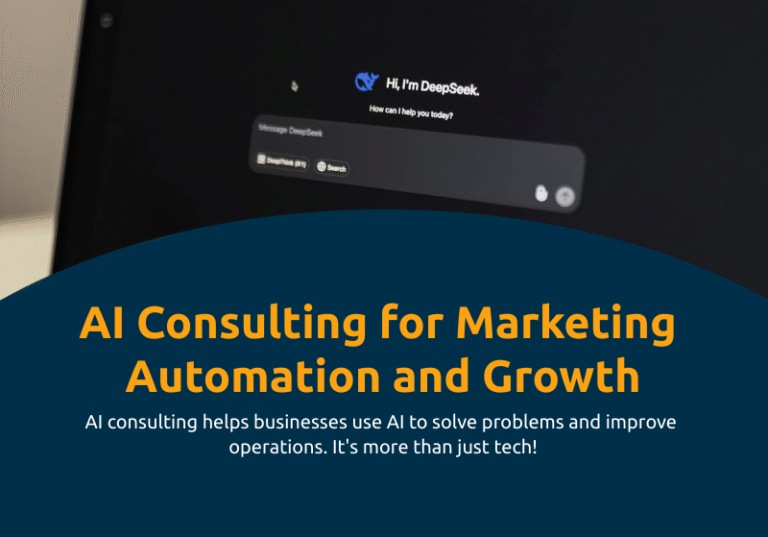
Big data has deep roots in highly technical and scientific fields, but its utility makes it beautifully suited to marketing applications too. Fortunately, marketers don’t have to understand the complexity underlying big data to make use of it. Data-driven marketing is changing the face of business, and it’s using big data to do it.
To get a handle on the impact big data has on marketing activity, let’s take a look at how data scientists define the term. The original “four V’s” are the underlying principles of big data, but marketing database services add a fifth “V” that makes sense in business contexts.
Volume
It may sound simplistic, but big data’s really, really big – far larger than a few thousand names in a prospect database. Big data technology doesn’t just deal with individual customer accounts, though; it works with the millions and billions of data points generated by these prospects’ decisions and the actions of others.
Google’s a perfect example of big data volume in action. You may be one of only a handful of people looking for information on a particular narrow topic, but when you type in your search term, Google auto-completes your search accurately because it’s seen billions of other searches. The computational power needed to handle billions of data points is relatively new, and this technology gives users unprecedented insight into large-scale changes and underlying factors.
Velocity
Not only does big data technology have a lot of information to process, it has to do it at speed. Marketing automation technology moves at an incredibly rapid pace, allowing you and your database manager to get real-time results on A/B split testing or access analytics instantly. Conventional marketing tools lack the capacity to work in real time, which limits their agility. Increasing the velocity at which you and your database manager gather, store, retrieve, and analyze data means you’re better able to respond to changes in your market as they happen.
Variety
How well can a system handle data coming in from disparate sources and in different formats? Big data applications handle variety with ease, an important consideration for marketers who are increasingly reliant on broad, multi-channel approaches to campaigns. Big data capability allows your database management structure to accommodate streaming behavioral and contextual data, self-entered contact information, multivariate testing results, and other forms of data in a single, centralized location.
Veracity
Whether you’re talking about a news article, an email address, or the open rates on your latest email blast, accuracy matters. Data must be clean, current, and accurate to derive meaningful results from it. Accurate, complete records reduce uncertainty in your data, which in turn gives you more relevant analytics.
The Fifth “V”
Marketers are also concerned with another vital “V”: value. You need a thorough, specific understanding of the return you’re earning on your marketing investments. Determining value is a cornerstone of revenue marketing. Database services that let you assign accurate values to your marketing activities lead directly to more revenue and better predictive power over time, showing you how you can improve ROI even more.
© Reach Marketing LLC 2017 All Rights Reserved.



